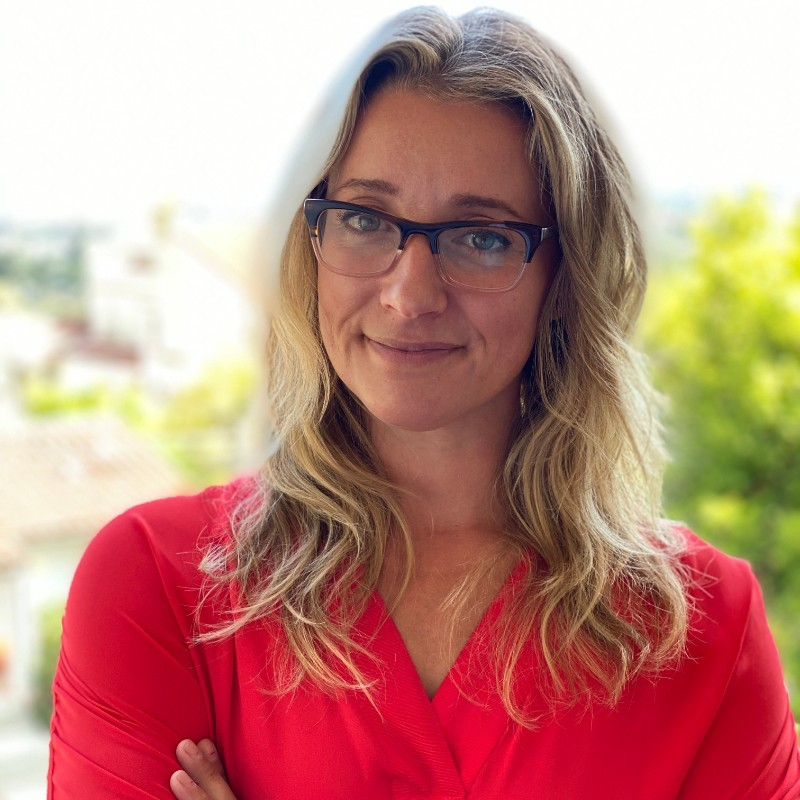You really understand what "Patient-centric" means when you have been a participant in a clinical trial. My family and I have participated in many clinical trials. Two types of trials have stood out for us.
There are the ones where all the staff, on the phone in a telemedicine visit, on-line, or in person really seemed to know what they were doing!
They could answer your questions promptly and get you through the process efficiently. The others are those where the staff seemed confused or not sure of what to do next.
These were the trials that made it hard to trust the system or continue in the trial regardless of whether it was a bricks-and-mortar or a decentralized trial.
So how do we help all site staff stand out for the right reasons?
If we all could learn everything from reading it, there would be no teachers, only books. So, reading a protocol is not sufficient.
If we could retain everything we crammed into our heads, then attending a 1-2 hour "death-by-PowerPoint" session would work. But we don't; and it doesn't.
People need to learn at their own pace, with opportunities for practice. By focusing on the high-risk topics, we assure that the key areas are covered and understood.
By breaking down our lessons into small chunks that cover one concept, learners can learn in short bursts at their own convenience and pace. In addition, a chunk of learning can be used to increase
repetition by redeploying key content as microlearning, a useful way to retain understanding of, and engagement in, a complicated protocol over time.
Staff who understand a trial will enroll the right patients and conduct the right procedures, as they are comfortable with the complexities and will be able to convey that confidence with the
patients they encounter, whether at a brick-and mortar site or by telemedicine means. They stand out for the right reasons!
















